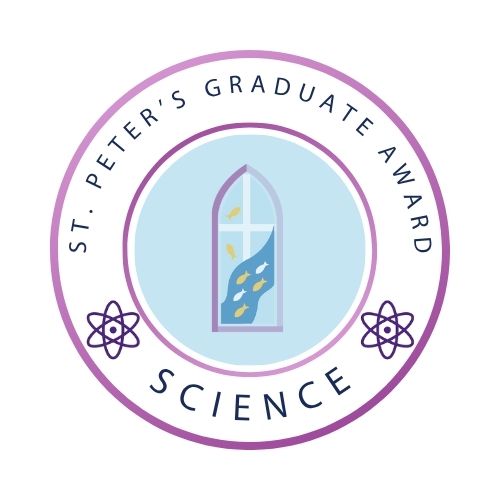Science

The Graduate Science Award Scheme is your opportunity to deepen your knowledge and explore science beyond the classroom.
In order to become a science graduate, you will need to
- Complete a science investigation at home and write up what you found out
- Do some research about a famous scientist or scientific breakthrough
- Take the online quiz
Investigation
Choose an investigation from the list and carry it out at home. If you would like any help with getting resources, you can ask your class teacher. You will need to write up your investigation to show your findings.
This must include:
- Details of your experiment including your independent and dependent variable
- How you made your test fair
- Your results presented in a table, graph or both
- A summary of what you found out, including an answer to the question
This could include:
- A photo / video of what you did or explaining your investigation
- A written method
- Graphs / charts made on a computer
- A poster showing your work
Investigation question options:
- What is the best material for a raincoat? Why?
- Does everything you can turn to liquid always turn back into a solid?
- Where can you keep an ice cube complete for the longest time?
- Can you get all of the salt out of a solution?
- Which leaf has the most air resistance?
- How does my shadow change throughout the day?
See an example of what an investigation write-up might look like below!
Scientist / scientific breakthrough
Do some research about a famous scientist or scientific breakthrough that we don’t learn about in school. Write a summary of your research including:
- What the scientist / breakthrough discovered
- Why the scientist / breakthrough is important
- How the scientist / breakthrough impacts us today
Here are some examples you could choose from:
Scientists:
- Rosalind Franklin - she played a key role in discovering the structure of DNA.
- Valentina Tereshkova - the first woman in space
- Sylvia Earle - a marine biologist known for deep-sea exploration
- Mark Dean - helped invent the personal computer
- Alexander Fleming - he developed the first antibiotic, penicillin
- Stephen Hawking - studied black holes and helped people understand the universe
Breakthroughs:
- Invention of the electric car
- Vaccinations
- First image of a black hole
- Space exploration
- Invention of the microwave
- Radar
- First cloned mammal - Dolly the sheep
Online quiz
Our science quiz is based on the Key Stage 2 curriculum and includes questions based on specific knowledge as well as scientific skills.
As revision, the first thing you can explore at our Key Stage 2 knowledge organisers. For each one, look at the key learning and the key vocabulary. You can find our knowledge organisers below.
There is also a link to BBC Bitesize here, which has information about every science topic in Key Stage 2.
When you are ready to take the quiz, ask your class teacher.
